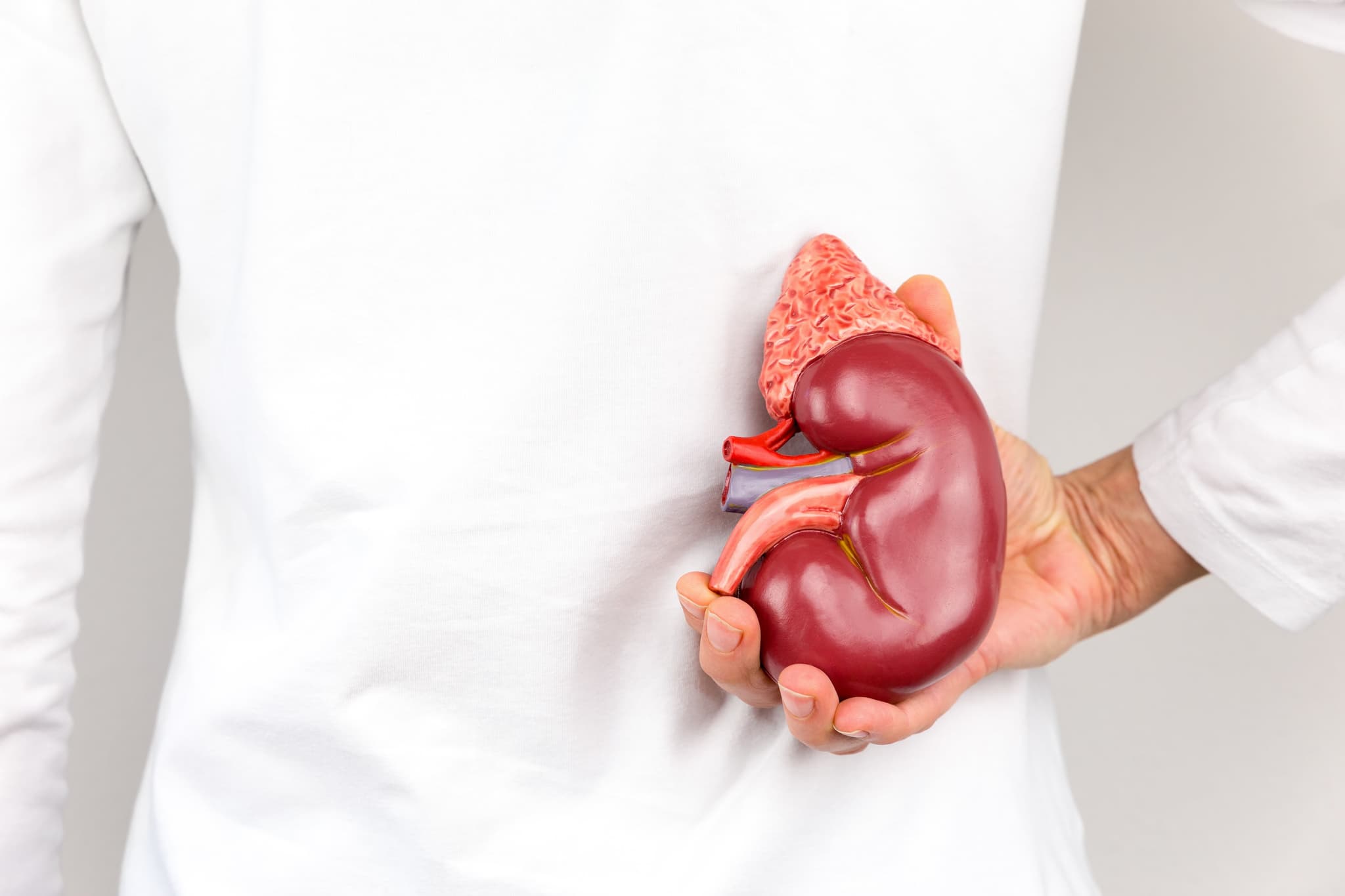
2025-01-21T10:28:42
How Thyroid Imbalance Affects Fertility: What to Know
- Endocrinology
- Family Medicine
June 21, 2019 | Endocrinology • Uncategorized
Specialties:Behavioral Health • Family Medicine • Internal Medicine

Adrenal glands are small, triangular organs that are located on the top of each kidney. The adrenal glands produce important hormones such as cortisol, aldosterone, adrenaline and noradrenaline, which help our bodies respond to stress, maintain metabolic processes (such as turning food into energy), sustain pregnancy and help control how our bodies change during puberty. These glands play an important role in our health, and it is necessary to recognize when there might be a problem
Adrenal gland disorders are caused by the production of either too much or too little of a particular hormone, and there are several different disorders. Each disorder has a different cause and different symptoms associated with it.
Cushing’s Syndrome
Cushing’s syndrome can develop if the body is exposed to high levels of cortisol over a long period of time. The body can be exposed to these high levels of cortisol in a few different ways. The first is when the adrenal glands overproduce cortisol on their own. Another way is when people take additional hormones for inflammatory diseases, such as asthma or rheumatoid arthritis, or to suppress the immune system after receiving an organ transplant.
Symptoms of Cushing’s syndrome include:
Congenital Adrenal Hyperplasia (CAH)
CAH is an inherited adrenal gland disorder. Both parents must carry the gene in order for a child to be born with CAH, and it affects men and women equally.
Symptoms can range in their seriousness and can be diagnosed in children or adults. Symptoms of mild CAH include:
Symptoms of serious CAH include:
Addison’s Disease
Addison’s disease is also known as primary adrenal insufficiency. Addison’s disease occurs when the adrenal glands do not produce enough cortisol and, in many cases, the glands do not produce enough aldosterone as well. The most common cause of Addison’s disease in developed countries is autoimmune disorders, but it can also be caused by infections such as tuberculosis.
Symptoms include:
Hyperaldosteronism
There are two causes of hyperaldosteronism. The first is excessive growth of normal cells in both adrenal glands, and the second is a non-cancerous tumor in one of the glands.
The most common symptom is moderate to high blood pressure, but other symptoms Include:
Every patient with chronic pain is different. Picking the right treatment regimen involves understanding the specific nature of your pain, the underlying conditions and clinical judgment. Work with your healthcare provider to find ways to manage your chronic pain and improve your quality of life.
“Adrenal Gland Disorders.” U.S. National Library of Medicine.
https://medlineplus.gov/adrenalglanddisorders.html
“Adrenal Gland Disorders.” U.S. Department of Health and Human Services
https://www.nichd.nih.gov/health/topics/adrenalgland/conditioninfo

WRITTEN BY:
The Live Better Team

2025-01-21T10:28:42

2024-12-19T13:56:10

2024-10-09T14:26:27

2024-07-01T13:49:28
This information is not intended to replace the advice of a medical professional. You should always consult your doctor before making decisions about your health.